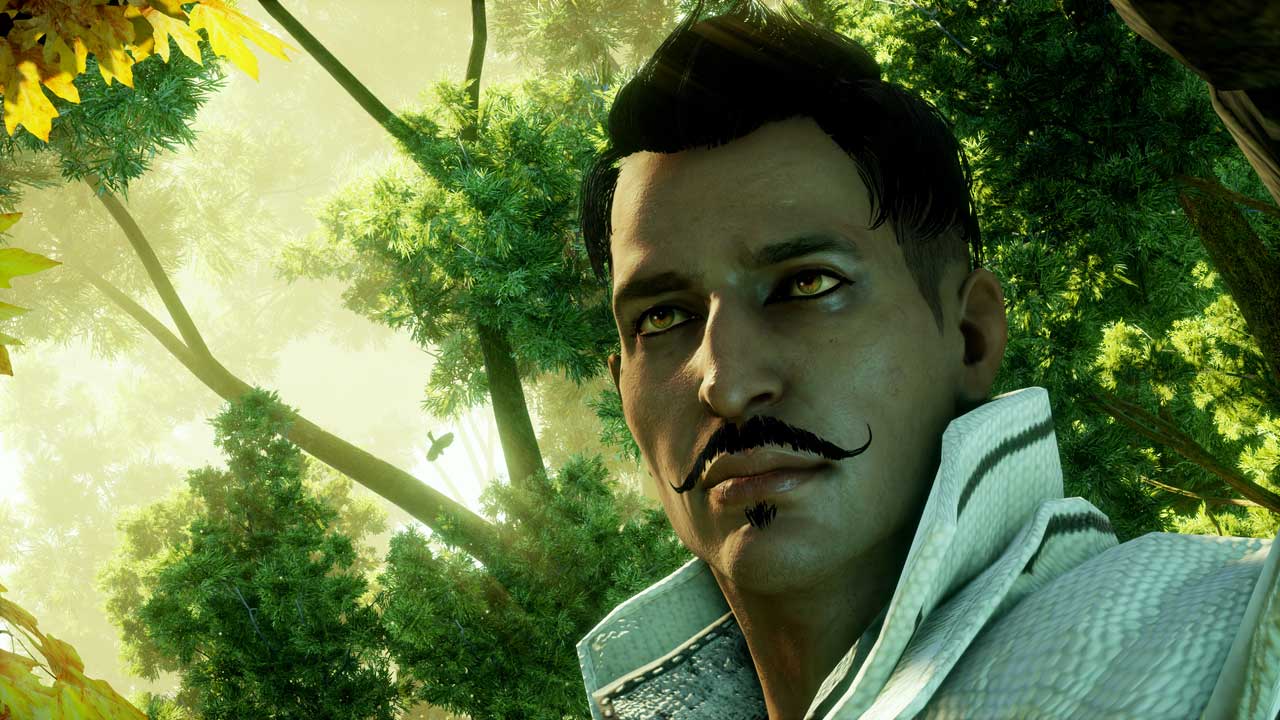
What can last year’s mainstream video games tell us about the state of sex in gaming? Attempts to grapple with sex maturely in gaming remain elusive—though there were some standouts in 2014.
Cable and even old-fashioned broadcast TV now feature explicit sex routinely, whereas games, on balance, offer cruder visions of humans in erotic scenarios. In part, the industry’s hands are tied by technological limitations that can make graphic sex feel clumsy or inhuman.
Worse, games are still judged by double standards. A BDSM-explicit “erotic romance” like E.L. James’ novel 50 Shades of Grey or the rape scene in an episode of HBO’s Game of Thrones provoke at best passing social media chatter. By comparison, the option—that it’s a choice and an inessential side activity are crucial distinctions—to follow implied sex with violence in a series like Grand Theft Auto leads to widespread outrage, not to mention sending legislators scrambling to introduce censorial bills. Consider the row that erupted in 2005 when someone unearthed a crude sex-related mini-game in Rockstar’s Grand Theft Auto: San Andreas, the presumption being that mere exposure to these things in a game (as opposed to a film or movie) somehow guarantees bad behavior.
On the other hand, agency in games gives players broader authorial control over their experience. One’s behavior in a roleplaying game, for instance, can modestly or substantially alter the evolution of a romantic journey that might culminate in scenes of physical intimacy. A player can spend dozens of hours with a relationship-driven game, examining (if the game supports it) the ramifications of choices for both the gameplay and story, perhaps exploring romance-related avenues that broaden appreciation of the game’s characters or plot dilemmas. The payoff might be the act itself, a typically non-interactive sequence in which lovers are depicted doing what lovers do. Or it could simply be the sense of having explored an optional storyline that didn’t relegate sex to a tawdry stereotype or crass objectification.
Here’s a closer look at sex in games last year:
Dragon Age: Inquisition
BioWare’s been at the fore of grappling with mature sexual themes in its roleplaying games for years, challenging cultural assumptions about sex both in and outside gaming. Dragon Age: Inquisition continues that tradition, allowing players to pursue friendships that can morph into romantic relationships with its cast of secondaries, be they male or female, human or not. The sexual choreography itself still feels awkward (again, technological limitations: when the act ensues, it’s a little like watching marionettes couple), but writer David Gaider raised the bar by including what he describes as the “the first fully gay character” he’s written. (You could have same-sex relationships in BioWare’s Mass Effect, but the characters were apparently bisexual.)
See The 15 Best Video Game Graphics of 2014


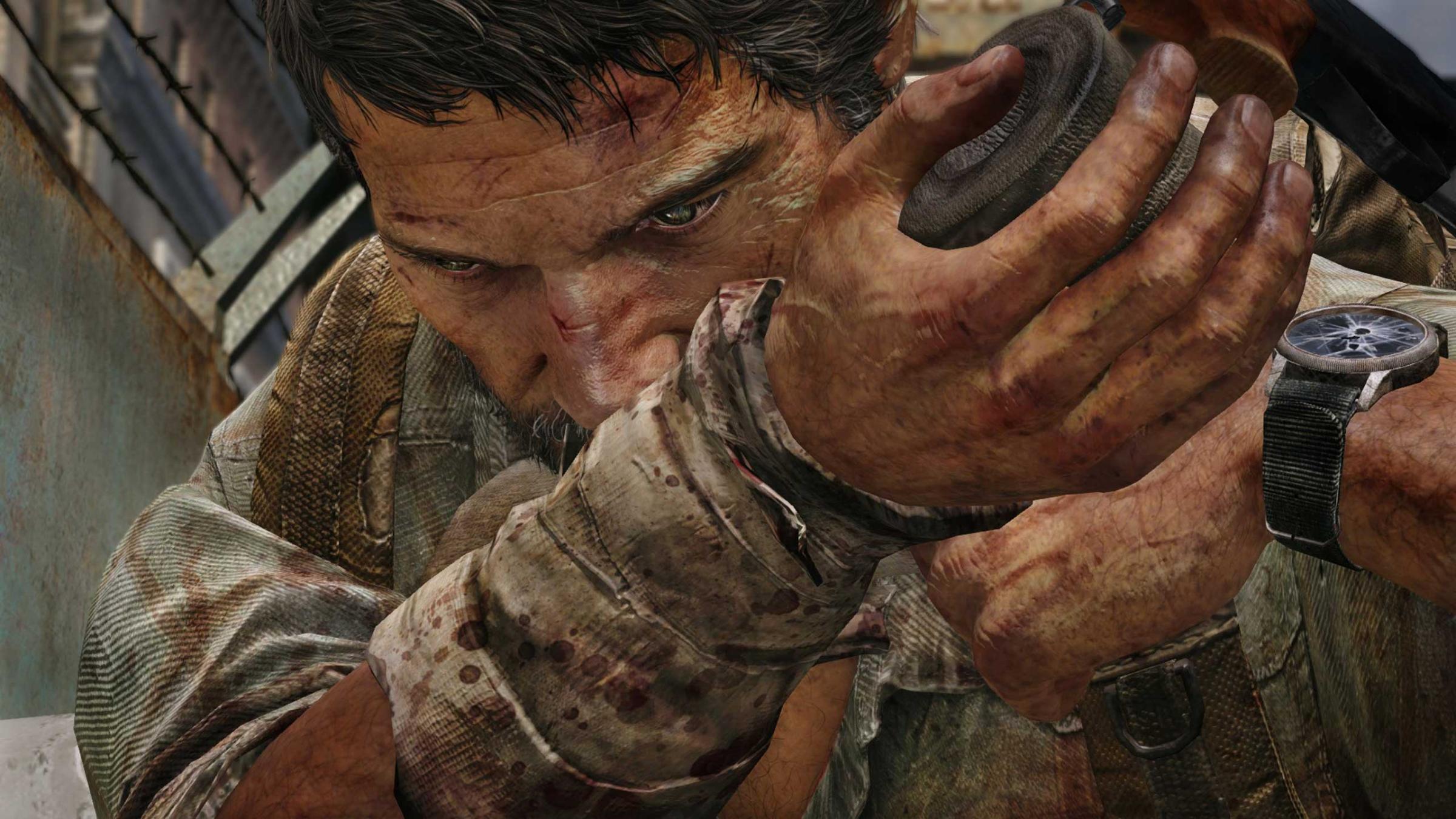
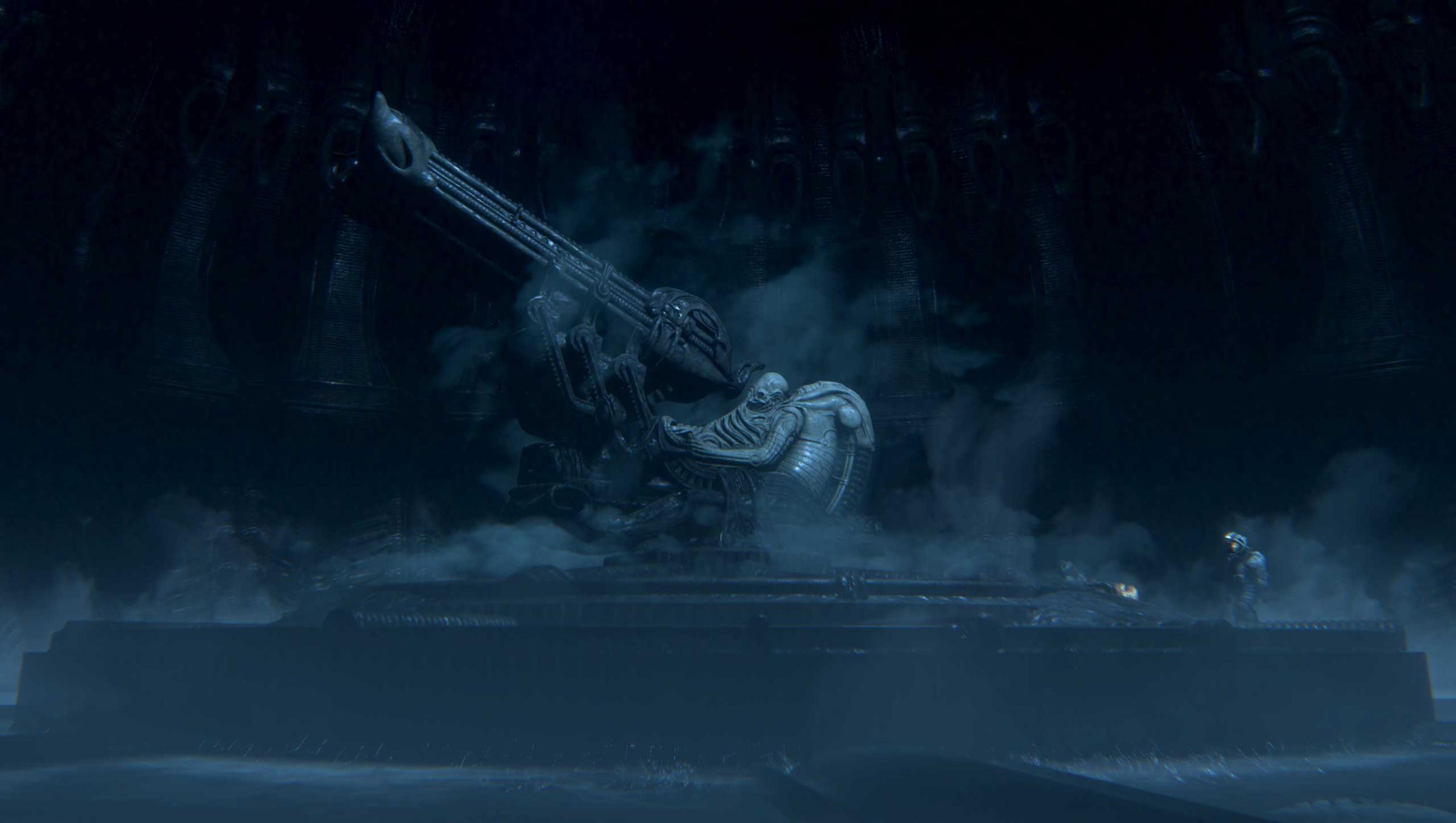
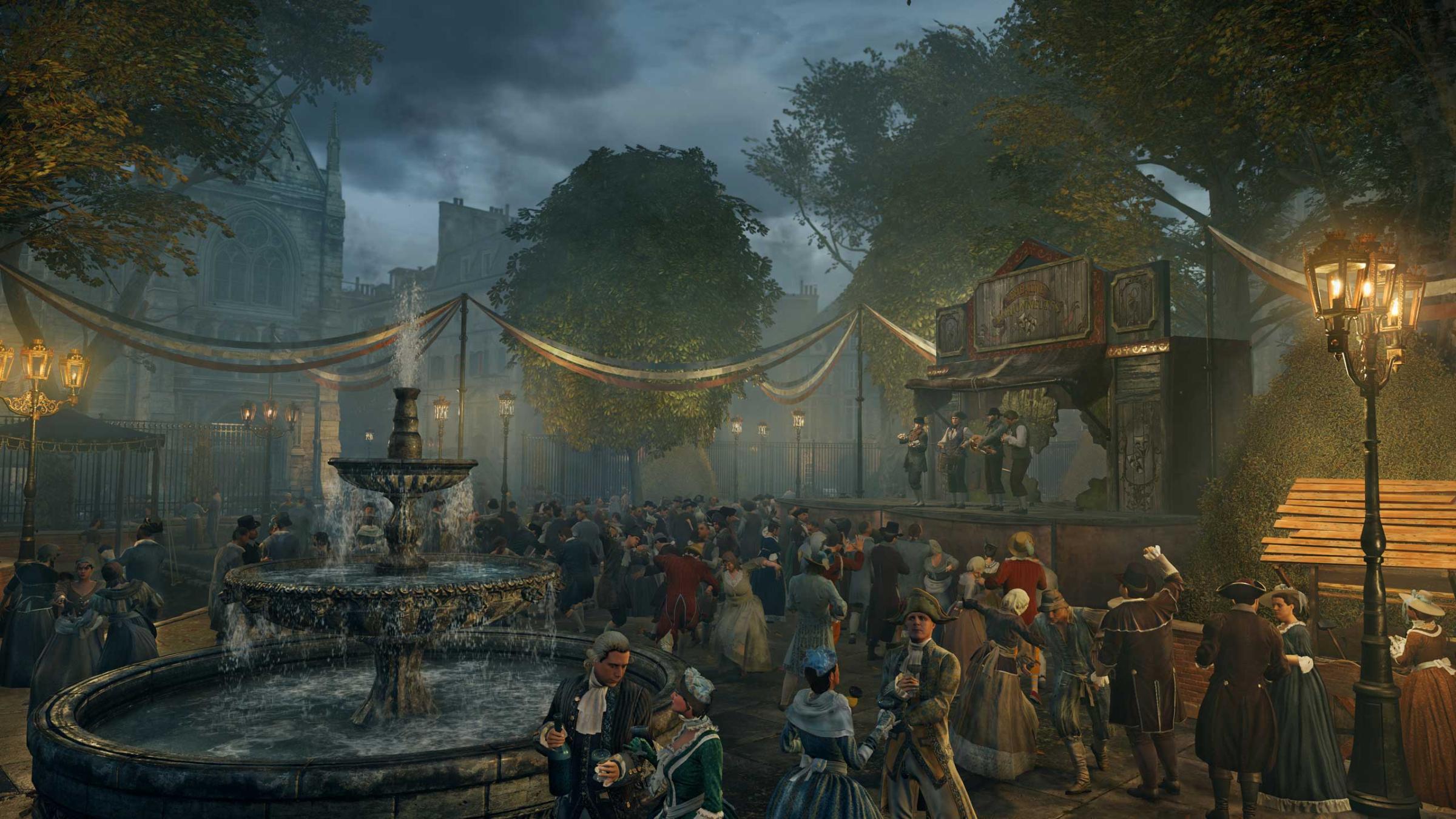
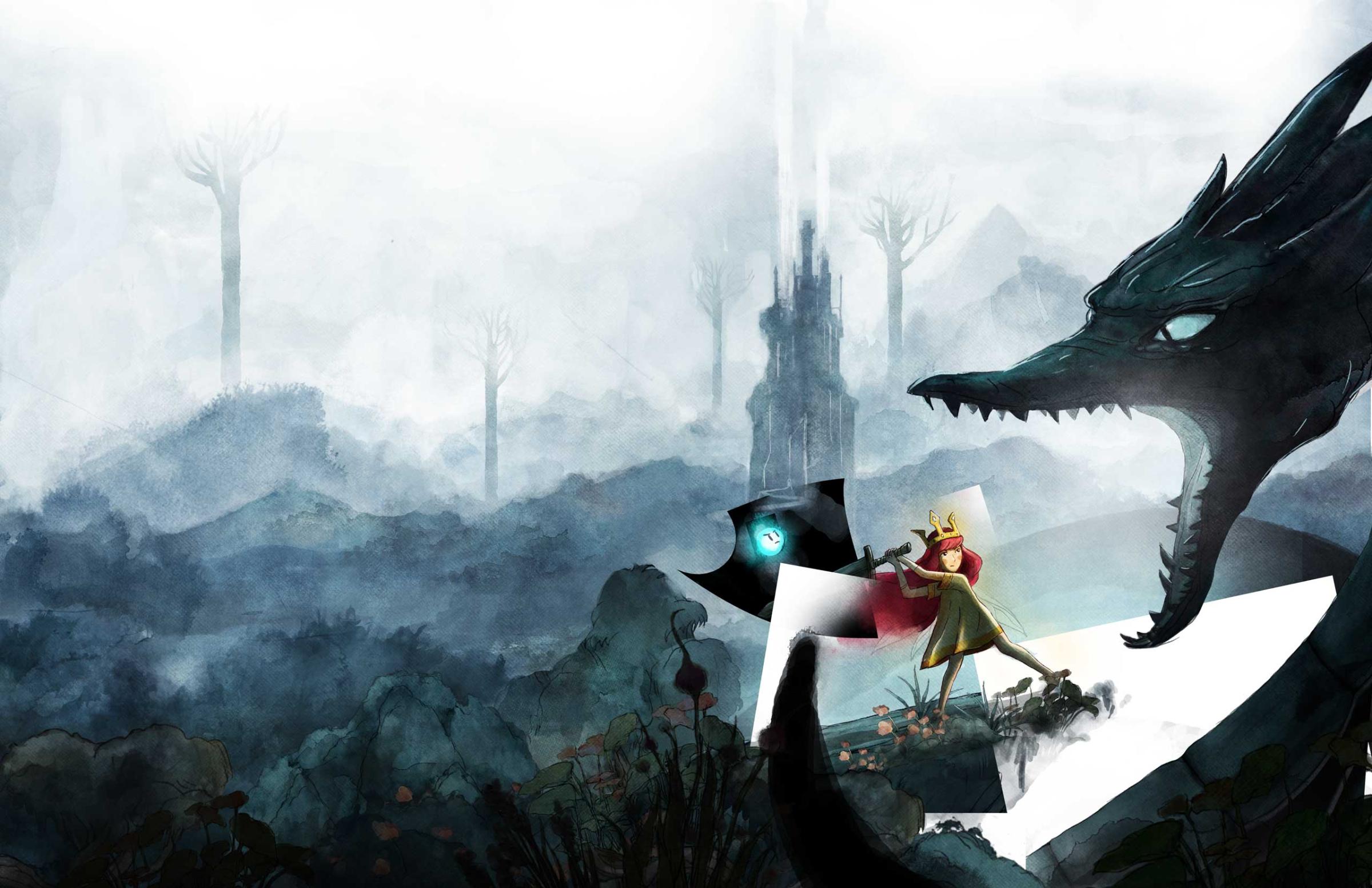


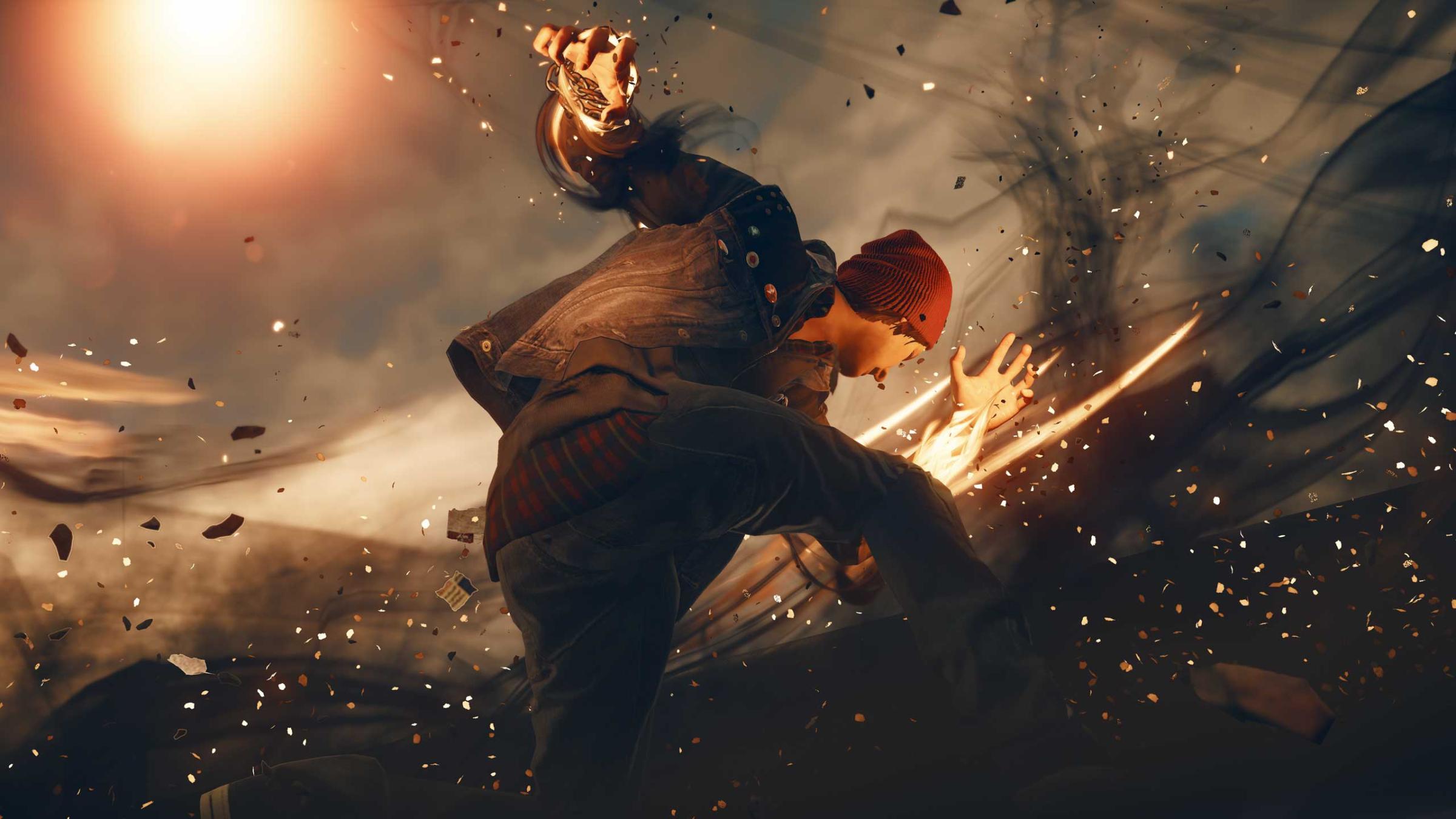

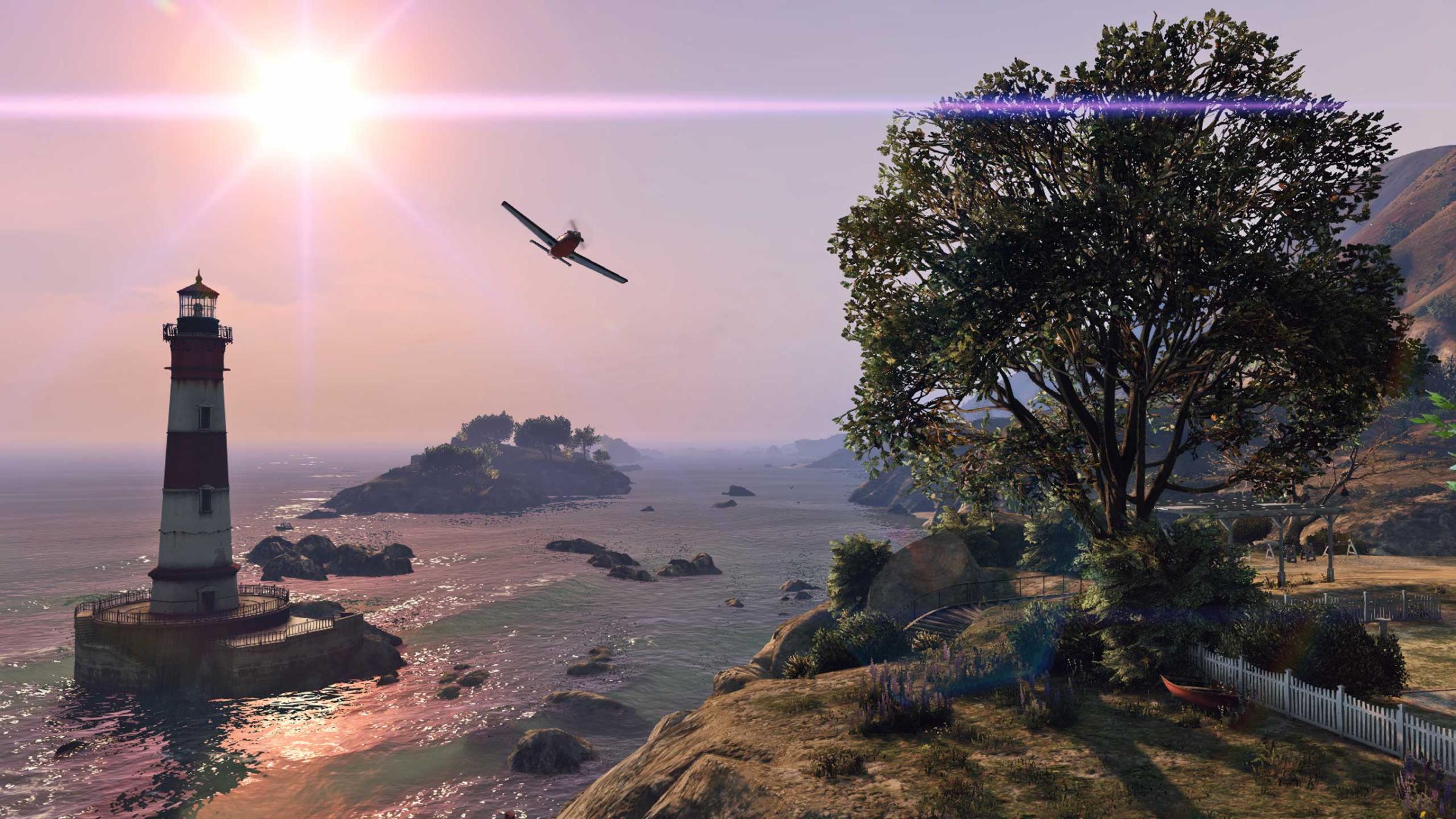

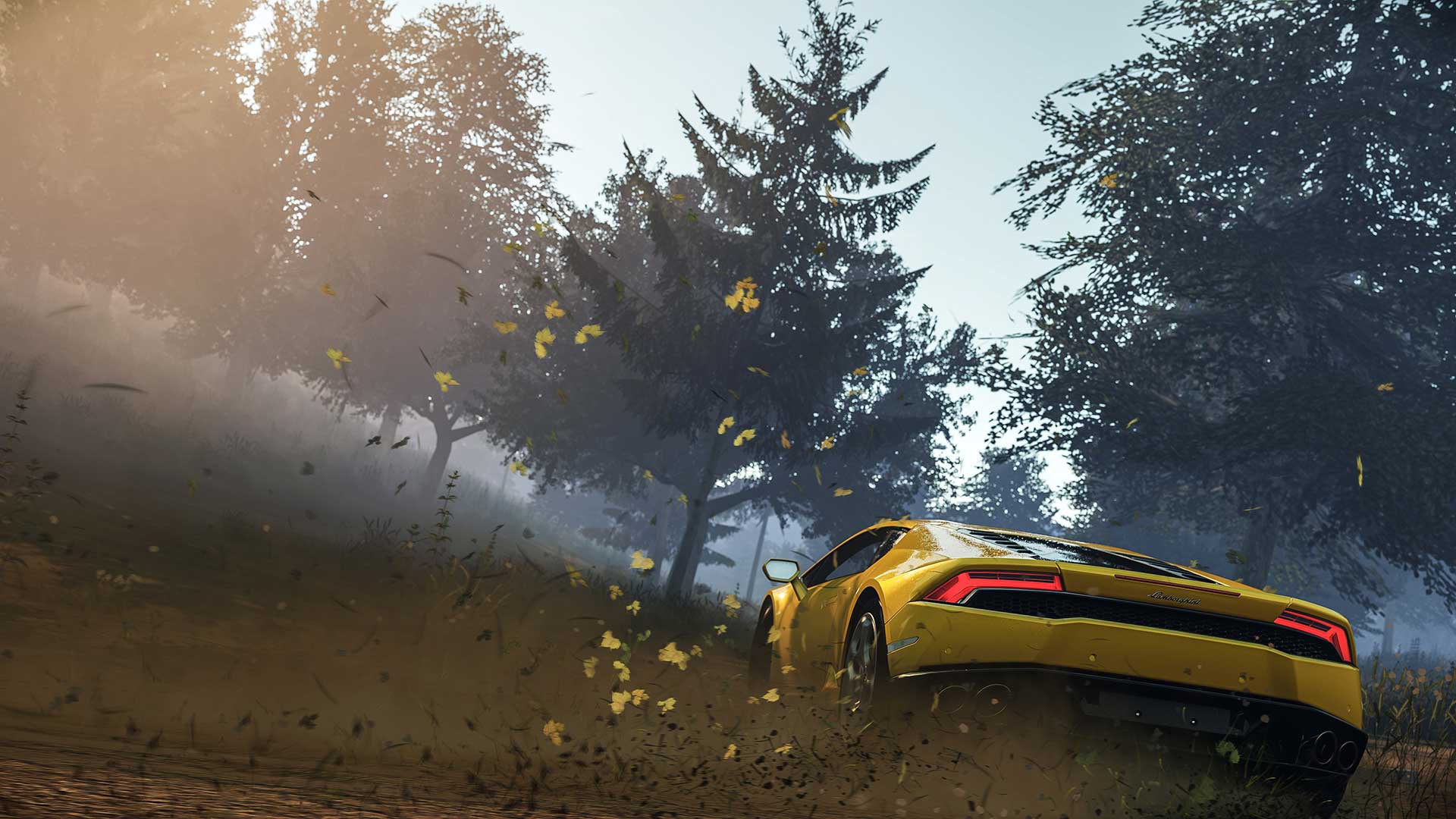
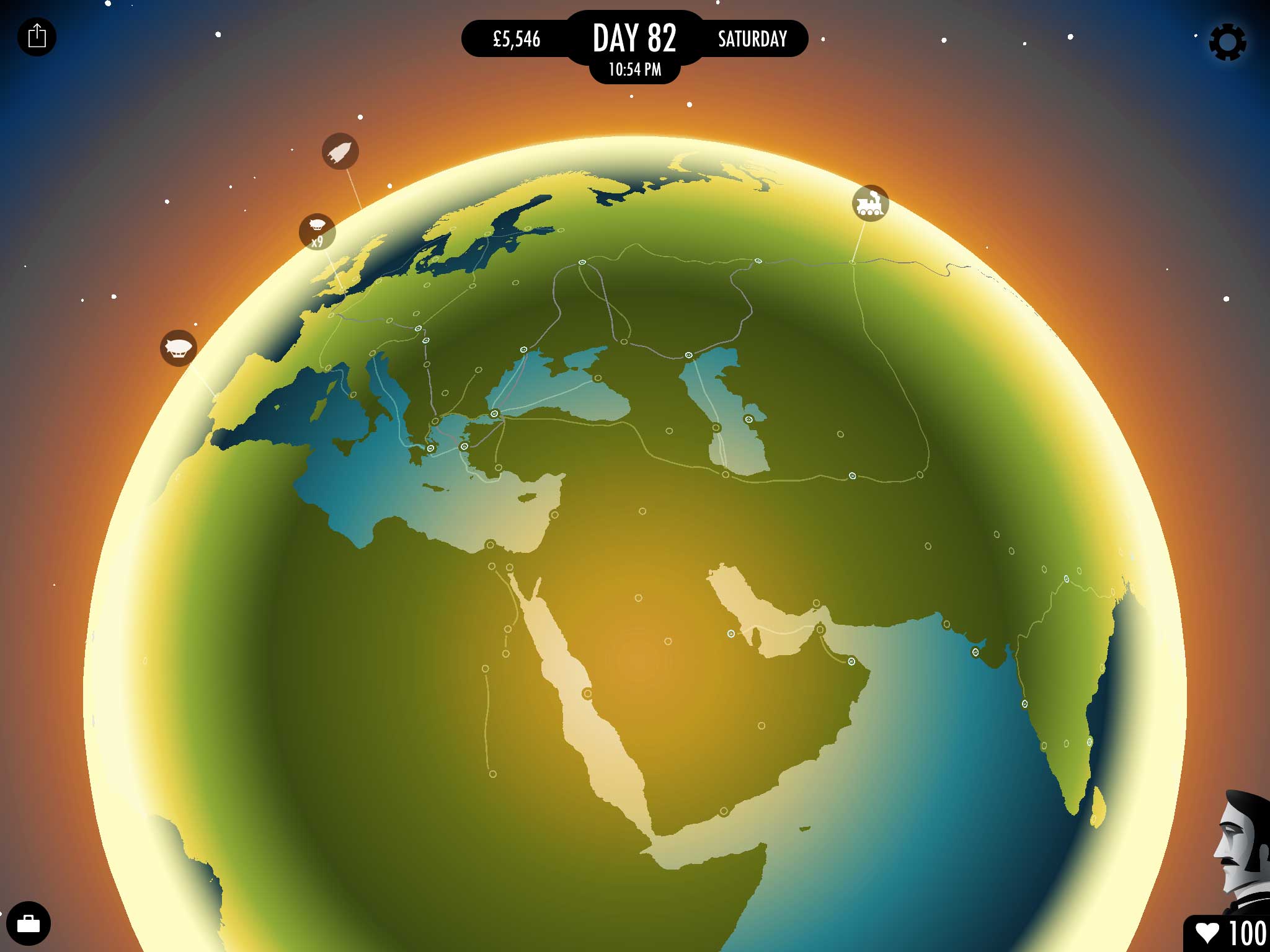
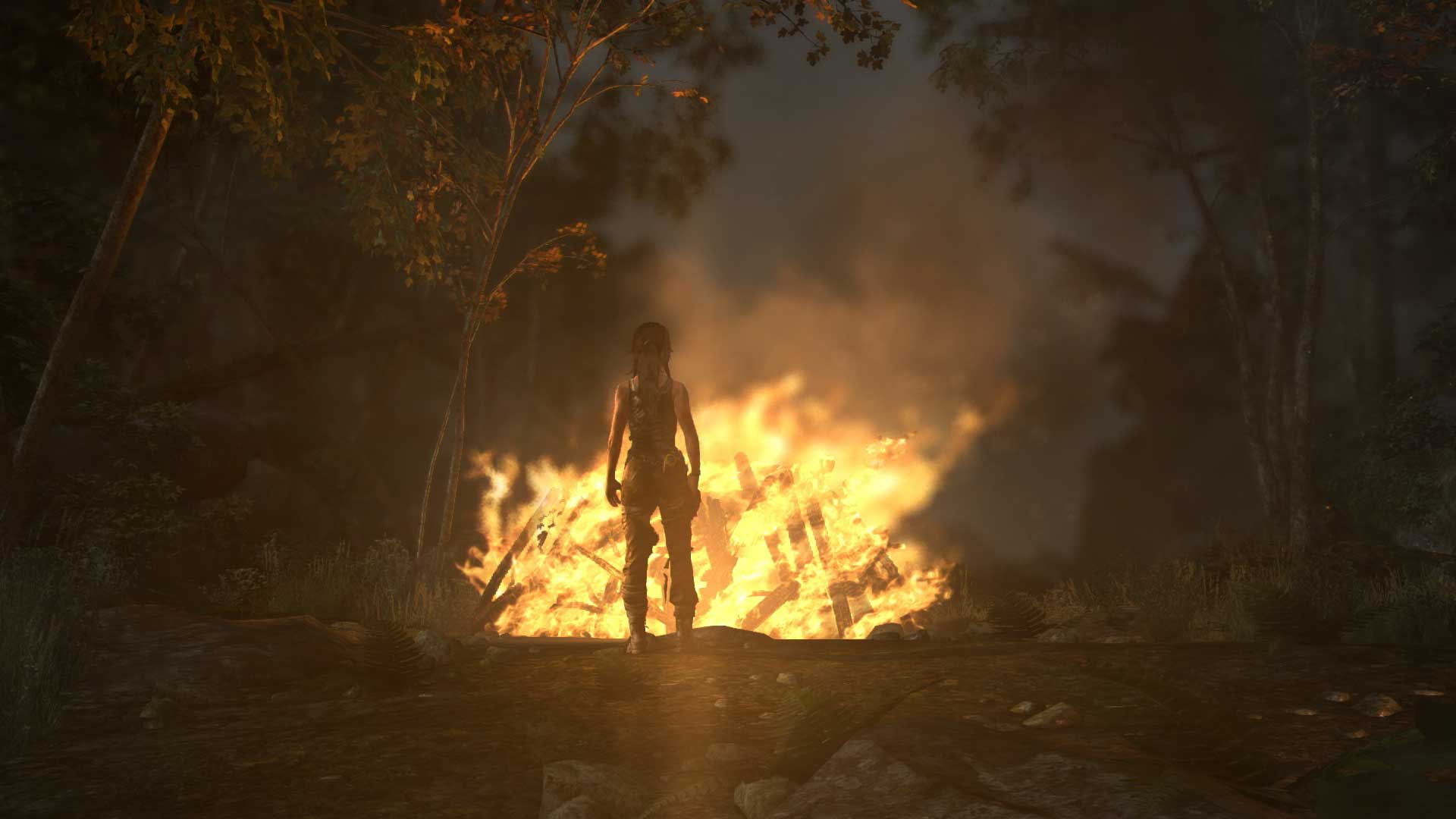
Wolfenstein: The New Order
You’d expect a sequel to a series of all but plotless games mostly about shooting Nazis to treat sex cheaply, but Wolfenstein: The New Order‘s two sexual liaisons (render and animation limitations notwithstanding) wouldn’t be out of place in a film or television show. The New Order‘s story won’t win any Emmys, but the sex scenes feel more like intimacy variables plugged into broader character-development exercises than mere titillation. And, who would’ve thought a Wolfenstein game could be as much about character-building as enemy-butchering?
Grand Theft Auto V
Sometimes humans behave very badly, and sometimes holding up mirrors involves guileful irreverence. (As Emily Dickinson wrote, “Tell all the truth, but tell it slant.”) That, it seems, to me anyway, is Rockstar’s point throughout Grand Theft Auto V. You can argue the studio’s overplayed that hand, that the point is made crudely, and that making the same point game after game moves too freely between expressive and exploitive. There’s room for debate here.
But sex in Grand Theft Auto V—often raucous, violent and ridiculous—is hardly a celebration of bad behavior. This is a game that views both women and men through a lens absurdly. I tend to hold with Take-Two Interactive CEO Strauss Zelnick when, responding to a question about sexual violence in the game, he said: “Look, this is a criminal setting. It’s a gritty underworld. It is art. And I—I embrace that art, and it’s beautiful art, but it is gritty.”
More Must-Reads from TIME
- Cybersecurity Experts Are Sounding the Alarm on DOGE
- Meet the 2025 Women of the Year
- The Harsh Truth About Disability Inclusion
- Why Do More Young Adults Have Cancer?
- Colman Domingo Leads With Radical Love
- How to Get Better at Doing Things Alone
- Michelle Zauner Stares Down the Darkness
Write to Matt Peckham at matt.peckham@time.com